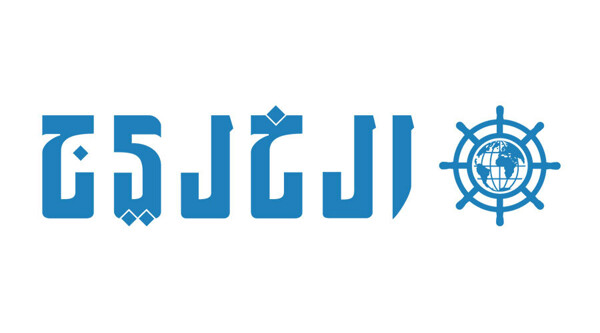
The application of a 25 percent tariff on Mexico and Canada will generate an additional cost to U.S. consumers of more than 20 billion dollars, warned the National Auto Parts Industry (INA). Donald Trump confirmed this measure, accusing Mexico of not stopping the trafficking of fentanyl into the United States. The White House stated that the tariffs are necessary to hold China, Mexico, and Canada accountable for their broken promises.
Regarding the automotive industry, the tariffs will affect all exports from Mexico, including auto parts, and could provoke disruptions in supply chains. The INA warned that these measures will impact U.S. consumers, increase production costs and consumer prices, and could result in a drop of up to one million units in vehicle sales in the U.S. this year.
In response to Trump's tariffs, Mexico announced the activation of a "Plan B" that will include tariff and non-tariff measures to defend its interests. In Canada, Justin Trudeau announced a 25 percent tariff on U.S. products worth 155 billion dollars.
The companies most affected by these tariffs are General Motors, Ford Motor, Nissan, Stellantis, Volkswagen, and Toyota, among others. The United States is an important trading partner for Mexico, being the main buyer of vehicles, which could result in an increase of about 3 thousand dollars in the average price of cars in the U.S.
Auto parts cross the borders between the three countries multiple times before final assembly of a vehicle. Despite the challenges to regional competitiveness, sector representatives from all three countries are in dialogue and coordination to strengthen the region. The organization highlights the importance of national unity to mitigate the impacts of U.S. trade policy.














